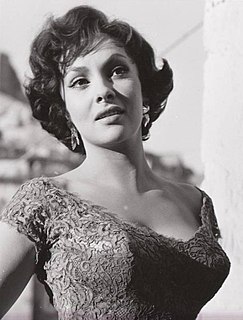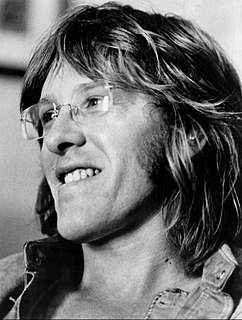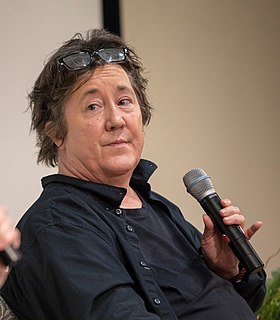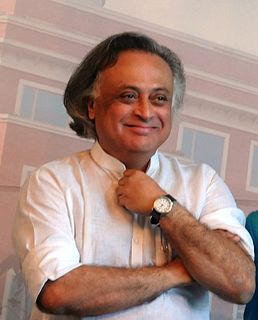A Quote by Woody Allen
I think Hollywood has gone in a disastrous path. It's terrible. The years of cinema that were great were the '30s, '40s, not so much the '50s...but then the foreign films took over and it was a great age of cinema as American directors were influenced by them and that fueled the '50s and '60s and '70s.
Related Quotes
I was seduced by the nouvelle vague, because it was really reinventing everything. And the Italian cinema that one would see in the theaters in the late '50s, early '60s was Italian comedy, Italian style, which, to me, was like the end of neo-realism. I think cinema all over the world was influenced by it, which was Italy finding its freedom at the end of fascism, the end of the Nazi invasion. It was a kind of incredible energy. Then, late '50s, early '60s, the neo-realism lost its great energy and became comedy.
There are certain records from the 80s and early 90s that you love because the songs are great, but you don't go to them as an example of great production. Over the last 20 years, myself and a lot of other musicians my age have tried to discover things in 50s, 60s, and 70s recording techniques that were lost or discarded. We've all been trying to crack this code. It's been an important period in the last 15 years, reclaiming some of those lost approaches to making records.
The whole ecosystem of celebrity has broken down for writers. If you go back to the '50s, '60s, and '70s, writers were on TV a lot, and they were allowed to misbehave a lot. Truman Capote was a pop figure, but it wasn't until he went on David Susskind's show and had that extraordinary voice and manner that everyone could imitate, that he really took off as a figure. Norman Mailer and Vidal, the same thing. The bestselling writers now, there's no great animal energy with them.
In the '60s when I started to see everything I could see, you could see pretty much everything which was still available from the '30s, '40s, '50s, '60s, and therefore I had an education which was really large and vast in different cinema. That's probably the reason I did not fall for the New Wave. It's really the love of the movies that made me want to become a cameraperson, definitely. I was really a film buff.
When you talk to women who were working as print journalists or in broadcasting in the '50s, and then you talk to women who were working in the late '60s, there's an enormous difference. There had already been a huge transition. Then, of course, you get well into the '70s and there were women with children working.
It was good to launch the economy in the '50s. Japan did this; China did this; even South Korea did this. All the East Asians did this - import substitution. I think all countries followed import substitution in the '50s and in the '60s, but I think by the '70s, countries were getting out of that first phase of the strategy.







































